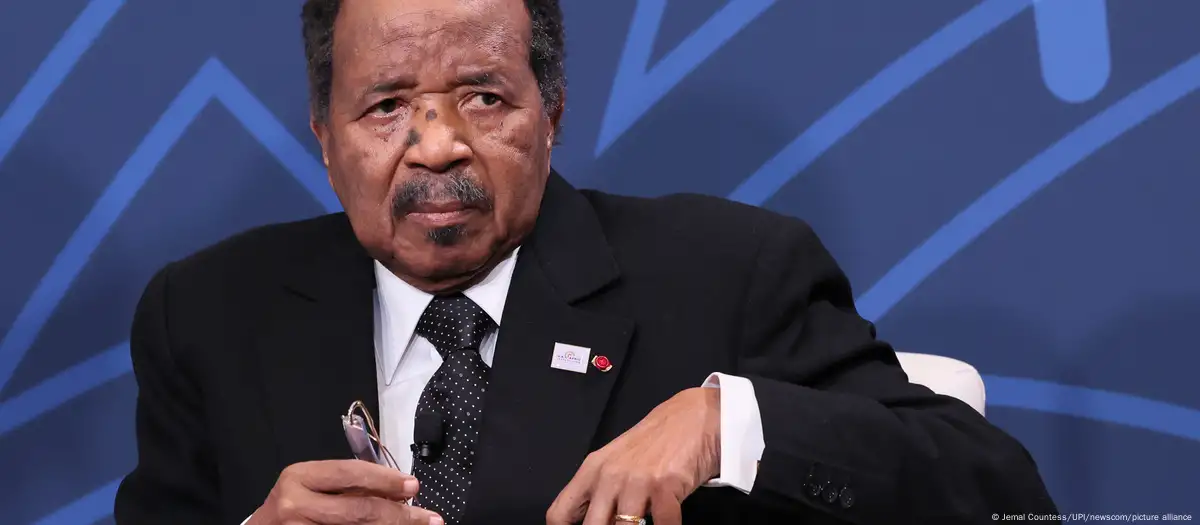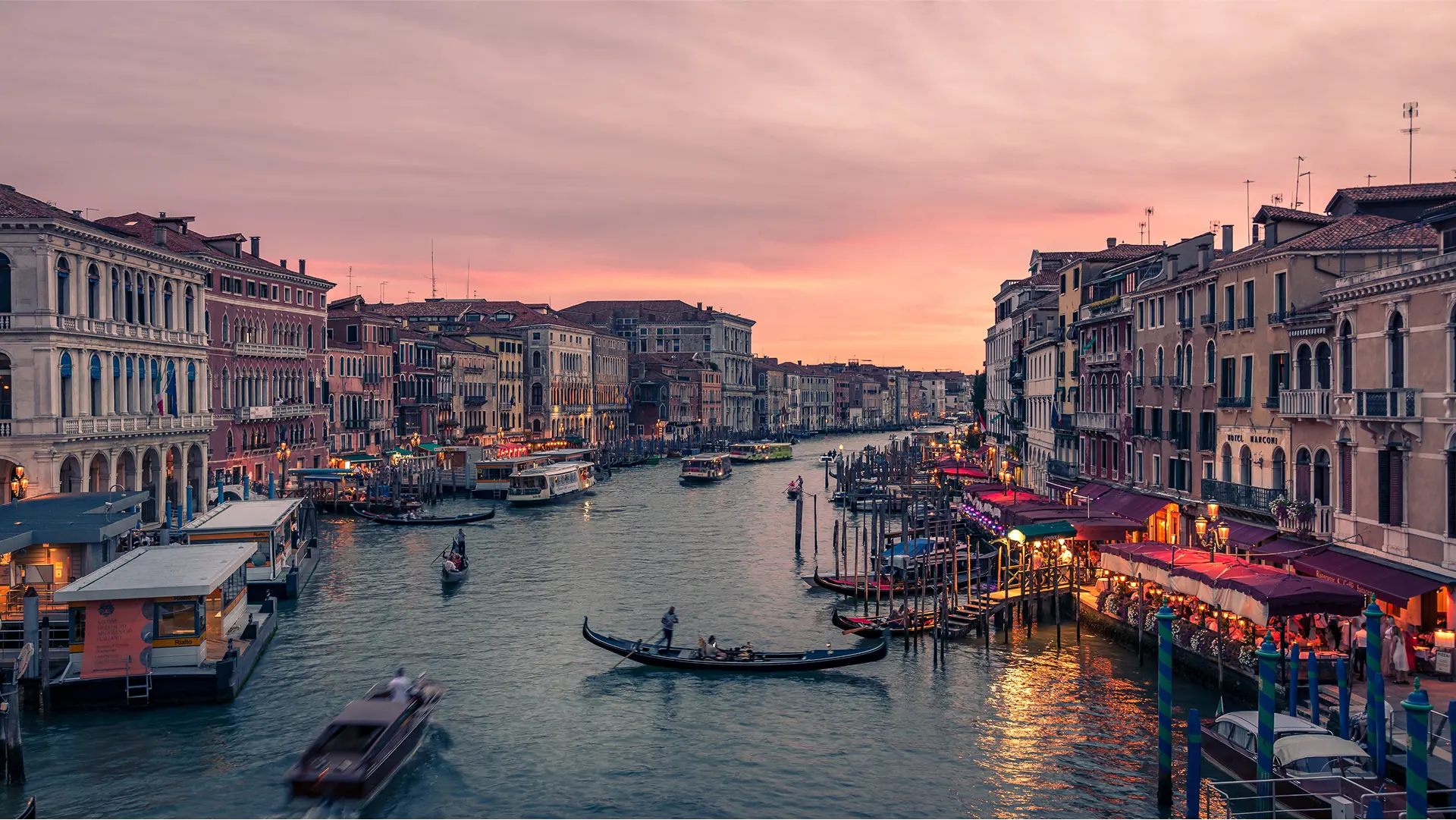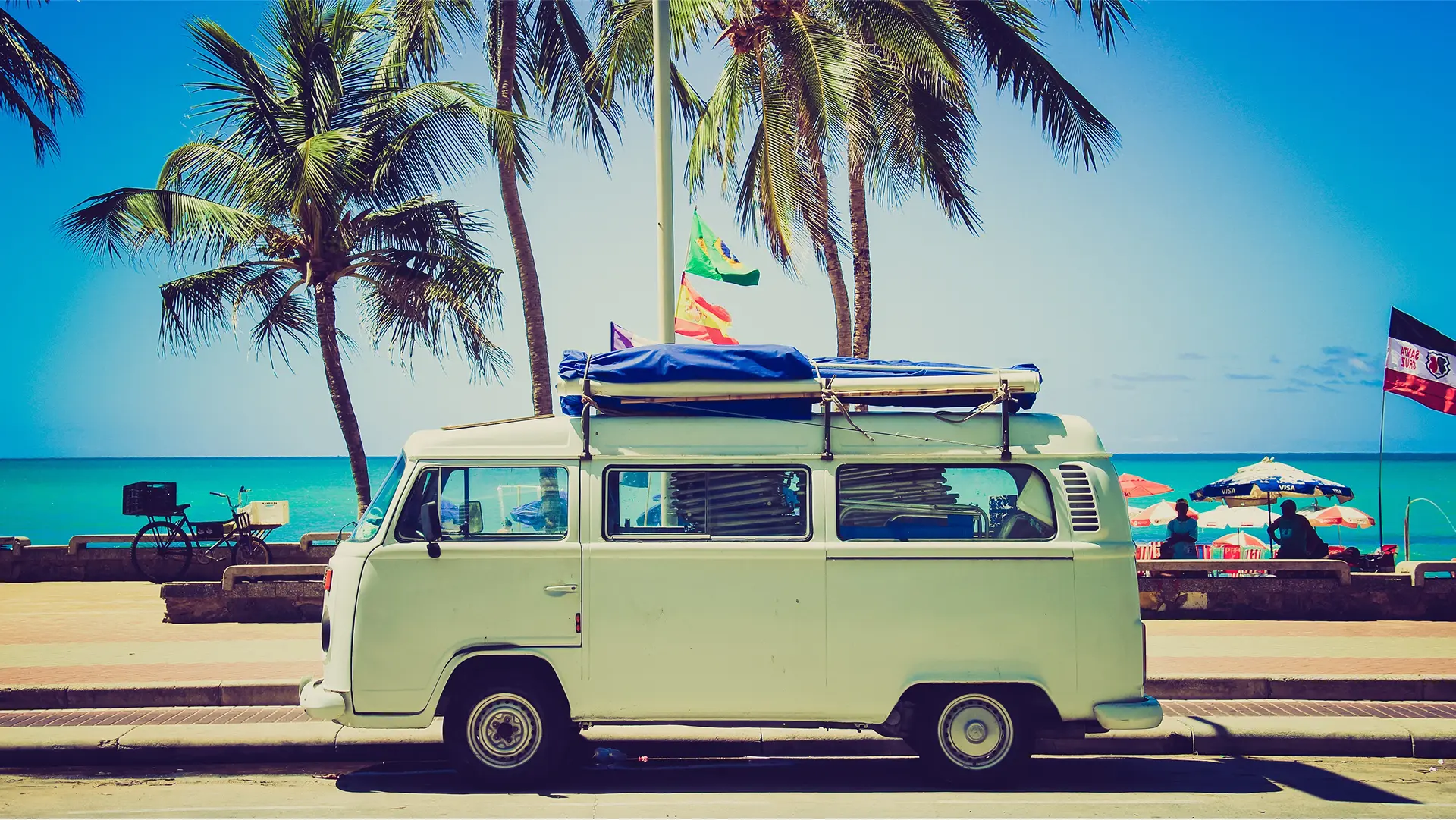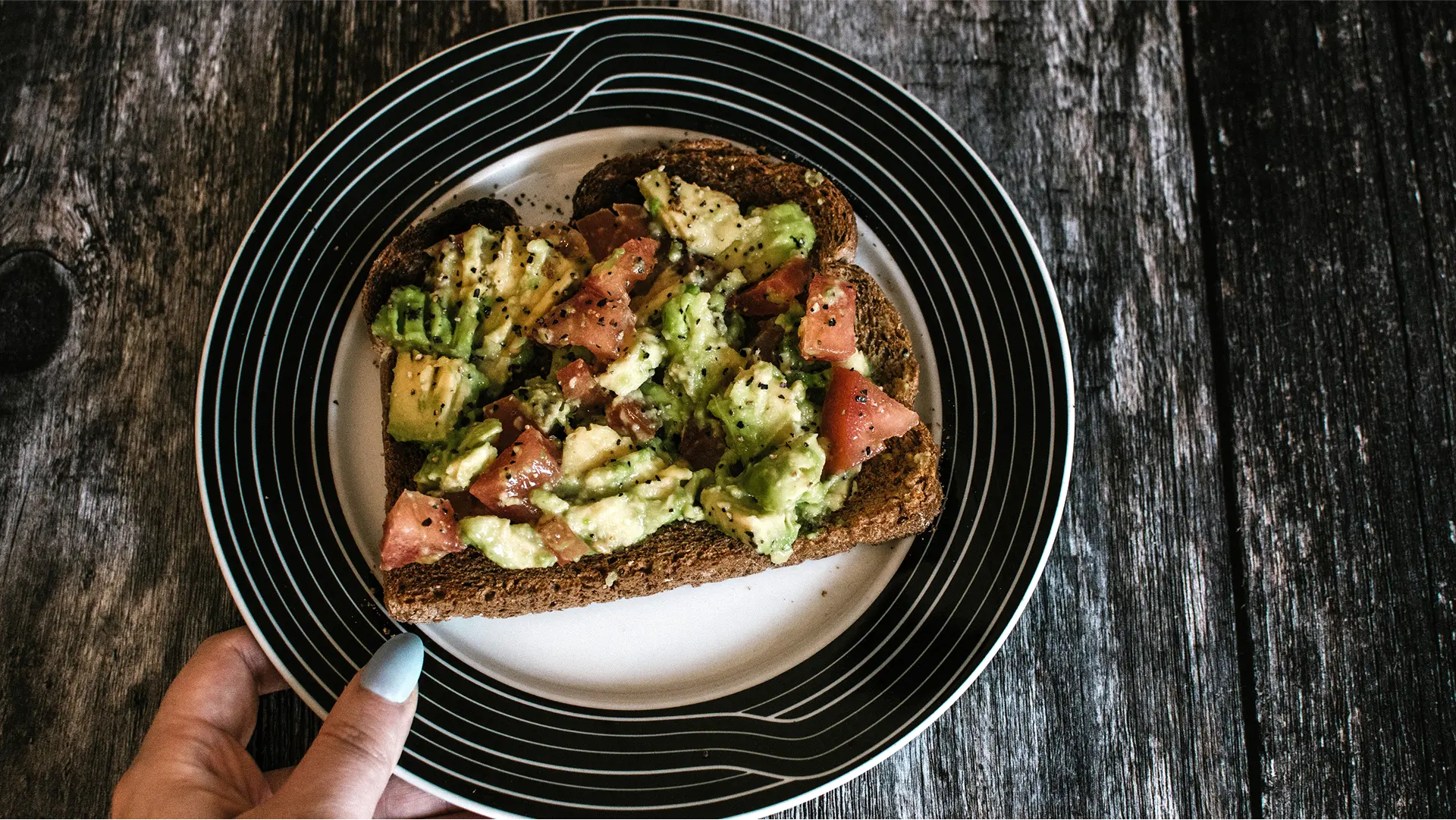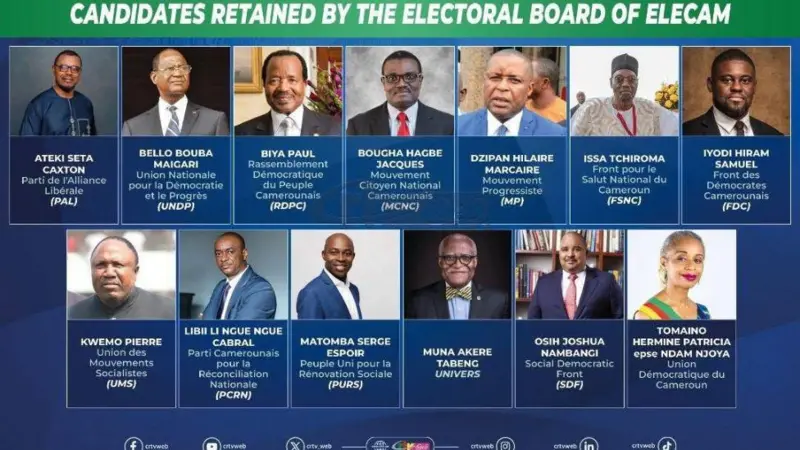
As Cameroon prepares for its October 12, 2025 presidential election, the political terrain offers a stark contrast between a long-entrenched incumbent and a fragmented, embattled opposition. Elecam’s July 2025 provisional candidate list, which included 13 individuals (now officially 12), named several opposition hopefuls: Hermine Patricia Ndam Njoya, Issa Tchiroma, Bello Bouba Maigari, Akere Muna, Joshua Osih, and Cabral Libii. These candidates represent a wider ideological spectrum—from anti-corruption activists to regional power-brokers—but Kamto remains the most formidable figure by reputation and grassroots following, despite his disqualification.
Maurice Kamto and the MANIDEM Party
Maurice Kamto, former leader of the Cameroon Renaissance Movement (MRC), now of the MANIDEM, and runner-up in 2018, emerged as the most vocal opposition figure. He rallied for democratic reform, warned of delays in election timelines as a potential “electoral coup d’état,” and urged civic action.
However, on August 5, 2025, the Constitutional Council formally disqualified Kamto from the presidential race after his appeal failed. He condemned the move as a politically orchestrated blow to democracy, accusing ruling party-aligned institutions of collusion.
New Approved Faces: A Broader—but Weaker—Opposition Slate
With the disqualification of Professor Maurice Kamto, the opposition appears to have been greatly weakened, amid incessant calls from a majority of Cameroonians for a unified candidate to challenge the incumbent 92 year old Biya. Among the candidates retained for the upcoming polls, there exists some political novices whose first ever political battle will come in Cameroon’s biggest elections; Iyodi Hiram, Ateki Seta Caxton, and Bougha Hagbe Jacques, are amongst those candidates who are little known in the political landscape in the country. Such a situation leaves the incumbent, at the age of 92, in a dominant position after having ruled for over four decades, with a seemingly firm control over key institutions— spanning from the judiciary to the electoral commission—which critics say operate under regime influence.
Why Unity Matters—and Why It’s Elusive
Disunity weakens impact. Multiple candidacies risk splitting the opposition vote, benefitting Biya.
Kamto’s dismissal dealt a psychological blow. Without their most recognizable figure, the opposition faces motivation and legitimacy challenges.
Trust deficits persist. Several opposition actors remain wary of one another, labeling rivals as regime infiltrators.
The absence of a unified, credible opposition heightens uncertainty. Kamto’s Bamiléké base in the West and the North’s emerging candidacies (like Tchiroma’s) could fuel regional polarization.
The electoral system is accused of bias, with the electoral commission and constitutional council seen as pro-Biya.
Media repression and violence against journalists have increased, with attacks on media houses and journalists cited in the weeks leading up to the vote.
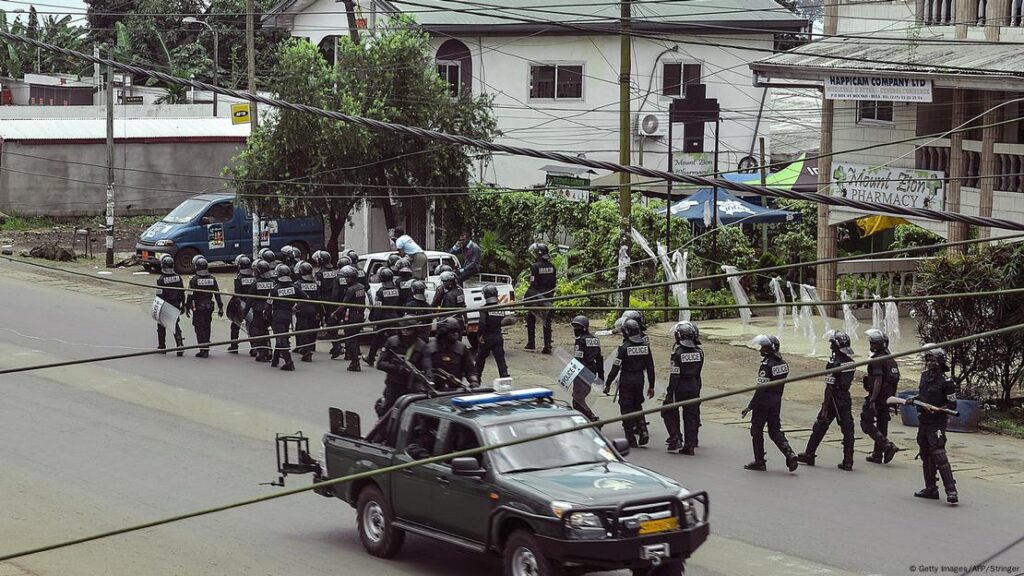
Security crises—Anglophone separatism, Boko Haram insurgency, refugee flows—hamper access to free campaigning and voter turnout.
What Expectations?
Cameroon’s 2025 presidential election pits a historically entrenched and institutionally fortified incumbent against a fragmented opposition that has never faced such severe restrictions. Disqualifications, partisan institutions, divergent ambitions, and escalating repression converge to weaken democratic competition.
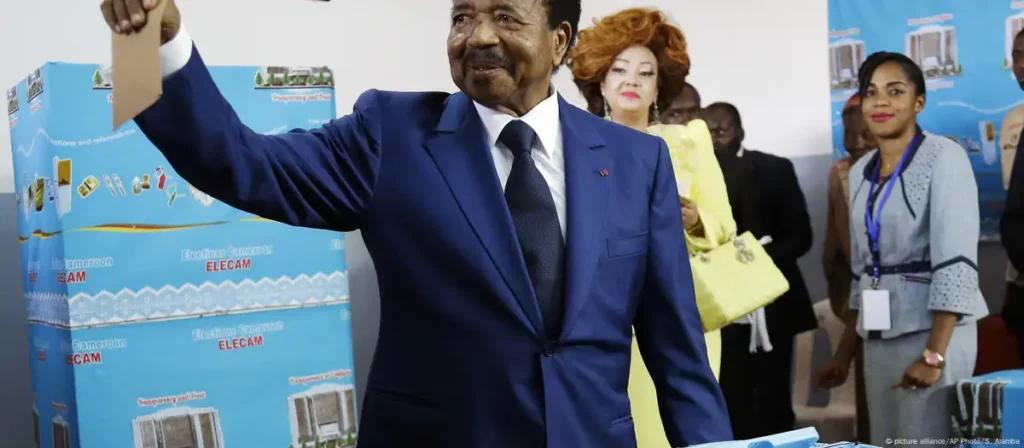
The opposition’s fate—and the election’s credibility—hinges on whether these disparate figures can coalesce around a single vision and candidacy. Without unity and transparency, the coming vote risks reinforcing political stagnation or triggering a fractured transition.


